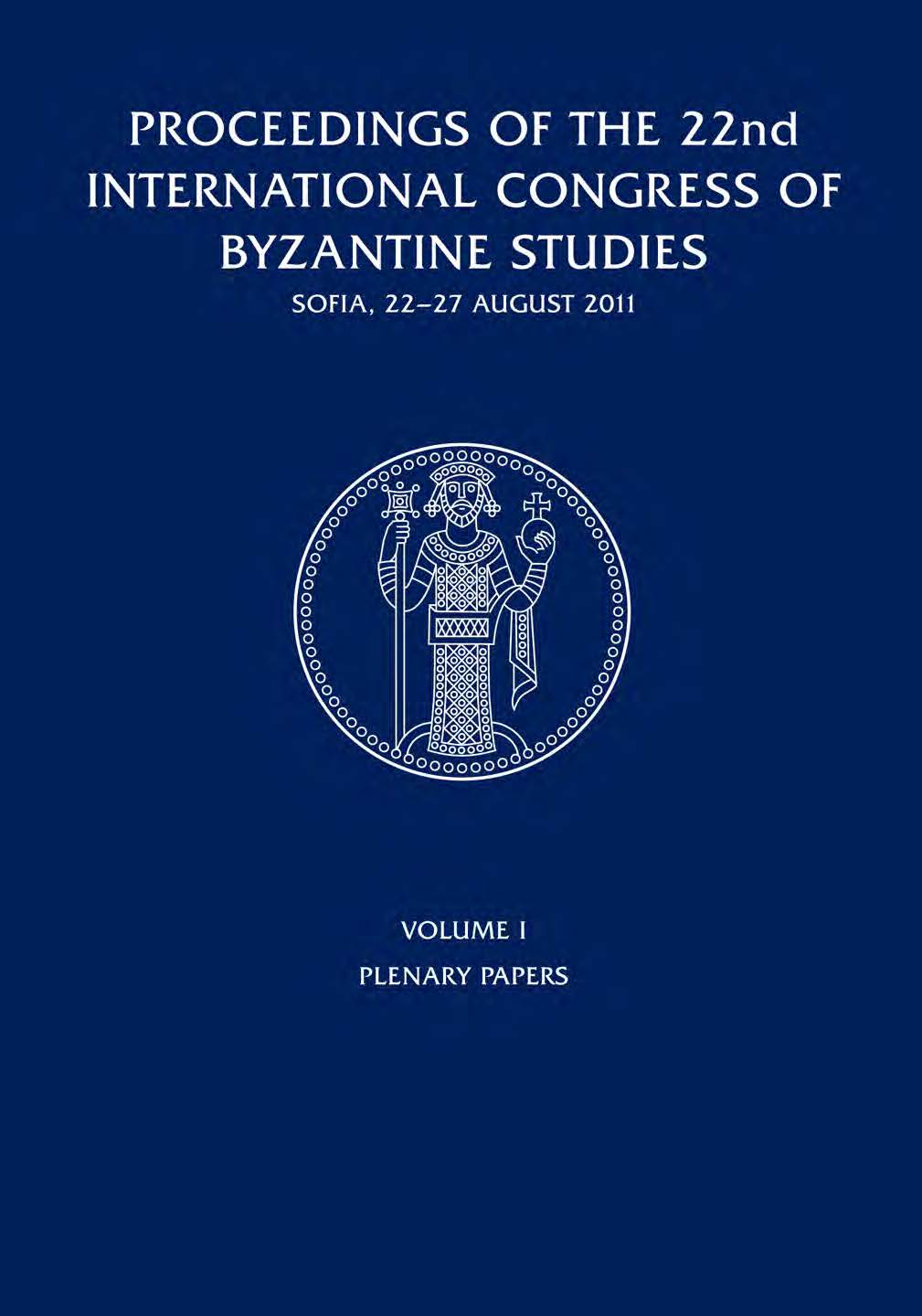
We kindly inform you that, as long as the subject affiliation of our 300.000+ articles is in progress, you might get unsufficient or no results on your third level or second level search. In this case, please broaden your search criteria.




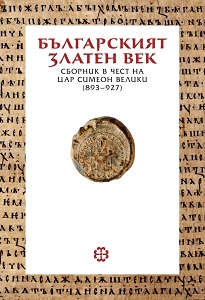



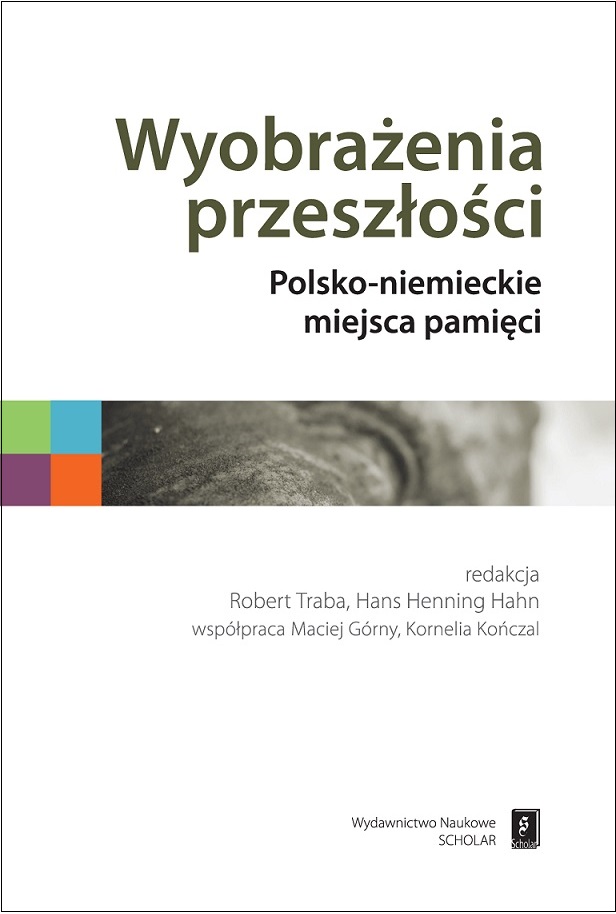

Hantos’ ideas contained progressive elements and made a realistic of-fer to the states of Central Europe. Its timing was unfortunate, however, because the new nation states’ desire for separation made its realization more difficult. Also, Germany’s breakthrough, and its new network of bi-lateral economic relations made virtually impossible the alliance of the Central European countries. Other attempts at integration have emerged too which also weakened the process. Hantos’ recognition, and offer of freedom from old grudges was a viable alternative to the weary nations of Central Europe. Elemér Hantos was a precursor of the spirit seeking the possible ways of coexistence, and no longer just for Central Europe, but for the whole of Europe: to emphasize what unites us, not what separates us.
More...
This paper focuses on a person being both a scientist and a politician who played a key role in socialist Hungary in the initiation of the opening towards the West. Ferenc Erdei (1910–1971) started his career as a soci-ologist in the early 1930s and was mainly involved in politics after 1945. Following the revolution in 1956, he drew back from his active political role. He established the Research Institute of Agricultural Economics of the Hungarian Academy of Sciences which became the the most import-ant background institution of the Agrarian Lobby. My paper argues that the experience Erdei gained from his study trips in Western Europe in the 1930s served later as a basis for the „bridge-building” between the socialist East and the capitalist West. In my paper I investigate which western countries Erdei launched the opening towards and through which channels he started to build a network as well as the political and professional debates that followed this process.
More...
Gömbös Gyula (1886‒1936) prime minister of Hungary (1932‒1936) started his political carreer after the defeat of Hungary in the First World War as a well-trained and talented officer. On the basis of his radical views influenced by different effects and because of his policy as head of government many people considered him that he took over mainly Mus-solini’s and partly Hitler’s views and political practice and his thinking and discussing politics were characterized by these facts. This study analyses the strong similarities and the important differences among the ment-ioned three politicians in the area of the ideology and the exercise of po-wer. The differences in the internal conditions of the three countries and among the characters of the three politicians explain the said similitudes and the differences. According to the author it can be prouved that Gömbös tried to creat a system (diktatorship) that (1) is similar to the fas-cism and the national socialism; (2) it’s not a copy (except the unsuccesful trial of the acceptance of the Italian coorporate system), but it’s about be-ing in similar societies the politicians give similar answers to the challenges.
More...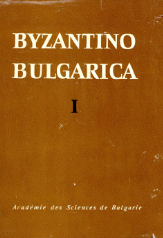

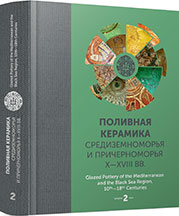
Medieval ceramics from Paterna and Manises were highly prized and very widely traded in the Mediterranean and Atlantic Europe during the Middle Ages. Although a decline in their presence can be observed in the sixteenth and seventeenth centuries due to the boom in Italian majolica, they continued to be distributed, despite the fact that they now represented old-fashioned styles and tastes. The eighteenth century saw the beginnings of a certain commercial recovery, thanks to tiles from the factories in the city of Valencia. The Royal Factory at Alcora (Castellón), in the north of the Valencian region, played an important part in this revival of taste, and its products came to be widely distributed throughout the Spanish-speaking world. This study presents a general overview of the commercial distribution of Valencian ceramics between the sixteenth and eighteenth centuries based on archaeological and historical evidence.
More...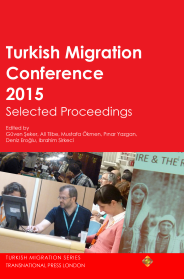
Turkish community living abroad amounts to more than 5 million people, around 4 million of which live in Western European countries, 300 thousand in North America, 200 thousand in the Middle East and 150 thousand in Australia (MFA, 2015). The common goal of first wave of Turkish “guest workers” was to collect capital to start a small business in Turkey. Most of the guest workers left their families behind in Turkey.
More...
1968 yılı, bu bildiri için iki farklı önemli noktaya işaret eder. İlki Mercedes – Benz lisansıyla Türkiye’de ilk defa fabrikasyon olarak şehirlerarası ve şehiriçi otobüs imalatının başladığını gösteren bir kuruluşun faaliyete geçmesidir. İkincisi ise Yaşar Kemal’in eserinden uyarlanan 1968 yılı yapımı Urfa – İstanbul filmidir. Bu filmde günün şartlarında ve günün ulaşım araçlarıyla yaşanan bir kaçmakovalama öyküsü perdeye aktarılmıştır. Konumuz itibarı ile bizi filmde kullanılan ulaşım araçları ilgilendirir.
More...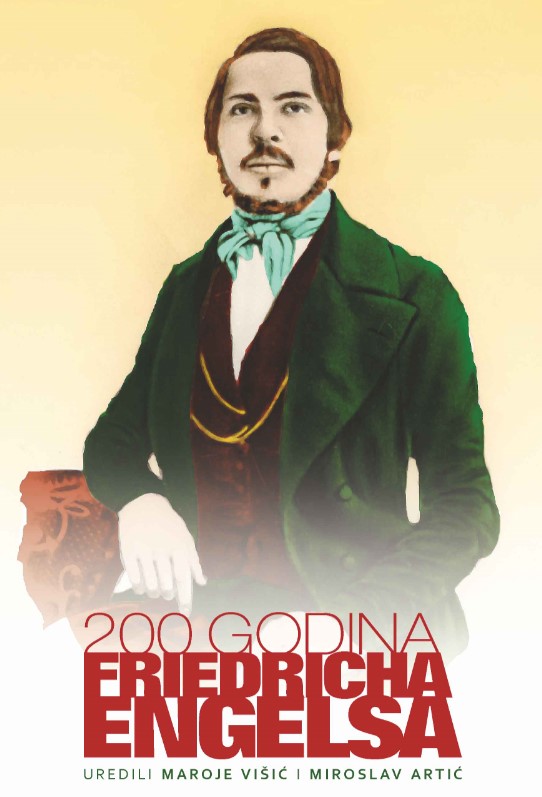
Engels was much more than an interpreter-mediator of Marx, and cannot be reduced to the subject of deforming the writer of Capital: we want to show this on crucial ground, where it flares up the leading thought of Marx. It is a critique of political economy. Unlike liberal conception of inscribed boundaries in the social “body”, namely, for unlike the regime of establishing boundaries between politics and economics (which ends with the denial of the existence of a politics in the sphere of production), the critique of political economy points to the intersection of politics and economy at the level of totality, and finds politics in the deepest layers of the economy, denying its neutrality. And exactly in this domain Engels’s constitutive approach should be shown. It is a contribution that is dependent on Marx’s efforts, but became an integral part of the endeavor of two theoreticians. Our paper analyzes three issues: the emergence of the English proletariat, the housing issue, and simple commodity production. We show contradictions in Engels’ discourse, but we prove that Engels did not give up on the revolution that would transcend capitalism and that he remained faithful to this project.
More...
This work examines the actuality of Engels’ text The Development of Socialism from Utopia to Science in the first fifth of the twenty–first century, taking into account the historical experience acquired within the hundred and forty years after its first release in 1880. The basic method used in the preparation of this work is the analysis of the content of Engels’ writings and its contextualisation within the historical specific social economic circumstances during the time of Engels’ life and today. The main finding of this work is that actuality of Engel’s text Development of Socialism from Utopia to Science rests on the continual existence of the capitalist mode of production internal contradictions, which, according to Engels, utopian socialism overlooked, but which scientific socialism has discovered through new historical materialist and dialectical study of class conflicts throughout human history. The main contradiction between the only socially usable production forces and private appropriation of the unapid for surplus labor of non possesing productive classes on the anarchic world market by the classes who posses the means of production, has not been overcome until our days. In the world proportions there still did not happen expected realisation of the revolutionary action of the exploited class of hired workers to create conditions for the leap into the realm of freedom, that is the taking of control of freely united producers over their own product. Elements of the utopianism of Engels’ writing originate from demoralizing pressure of the devastating consequences of the capitalist production mode, which reduces the conviction of potential subjects of revolutionary class alliance in the possibility of achieving the socialist “realm of freedom”. On the other hand, the author points out in this paper that in the case that there does not come to revolutionary leap from the realm of necessity of the anarchic capitalist merchandise production into the realm of freedom through the self–conscious and self organised revolutionary activity of all exploited and opressed classes, there wil come to the self–annihilation of the planet earth through human destructive, alienated and alienating action of acumulation of capital for the sake of acumulation, long before this annihilation was prediceted by Imanuel Kant and Laplace through the natural evolution of solar system.
More...
The article starts from the thesis that one of the main causes of the problems of building socialism in the 20th century is the neglect of morality in classical Marxism, analyses this neglect through a comparison of utopian and scientific socialism, and briefly follows Engels’ development from utopian socialism to scientific socialism and back. The conclusion is that the lack of morality in classical Marxism is not accidental, but that it is precisely this property that makes it untrue, but also an extremely effective socialist ideology at a time of the great crisis of capitalism. Such an understanding of Marxism is consistent with the important Marxist idea that the purpose of ideologies is not to be true, but to strengthen the economic system. In this sense, Marxism is an ideology of the collapse of capitalism.
More...